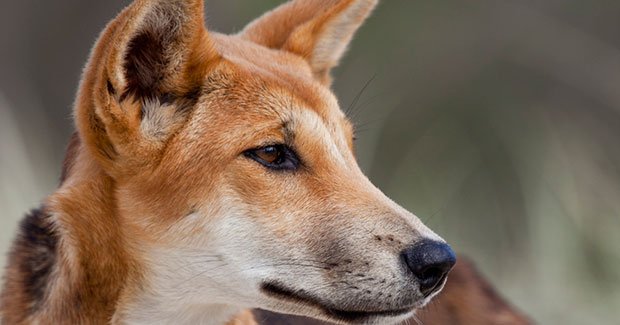I don't think dingoes were "destined" to be this way, that's not really how ecology or evolution works, so if I gave that impression I'm sorry. I should also make it clear that I do think dingoes had some sort of impact on thylacines and devils, the arrival of a new large and social predator would have certainly shook things up a bit - just that we don't know if they alone were enough to drive these species to extinction, and it's a bit unfair to pin this so strongly on them like we have for the longest time when there were a bunch of other factors at the same time that could have been even more influential. And if they were responsible, it doesn't change how important they are now (which you agree with, I'm just restating it).
not to mention they didn't "destroy the fauna of the whole continent" in any case
This is something I've thought about a lot too. Not only would devil populations from Tasmania have no history of interaction with dingoes and therefore be evolutionarily naive, but small establishing populations tend to be a lot more vulnerable to even minor pressures - both foxes and rabbits failed to be introduced to Australia a bunch of times, despite how much the two species thrived out of control once they finally did gain a foothold. However, one reason why devils are being reintroduced to the mainland in the first place (alongside being an extra insurance population against DTFD) is to re-establish some sort of largish carnivore in areas where dingoes have been eradicated and are unlikely to return to in the near future thanks to intense persecution, so they have a vast area of temperate south-eastern Australia to establish in where dingoes are either rare or absent. This means that when dingoes and devils do properly interact, the devil population will hopefully be large enough where they can compete on more equal terms.
Dingoes overall are still a complex and developing issue, even if I have an immense amount of respect for them, but I just felt that nutrit's statement was misleading and needlessly inflammatory. They're already one of the world's most misunderstood and heavily persecuted predators, so I feel a need to counter obviously false information about them when I see it.





